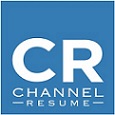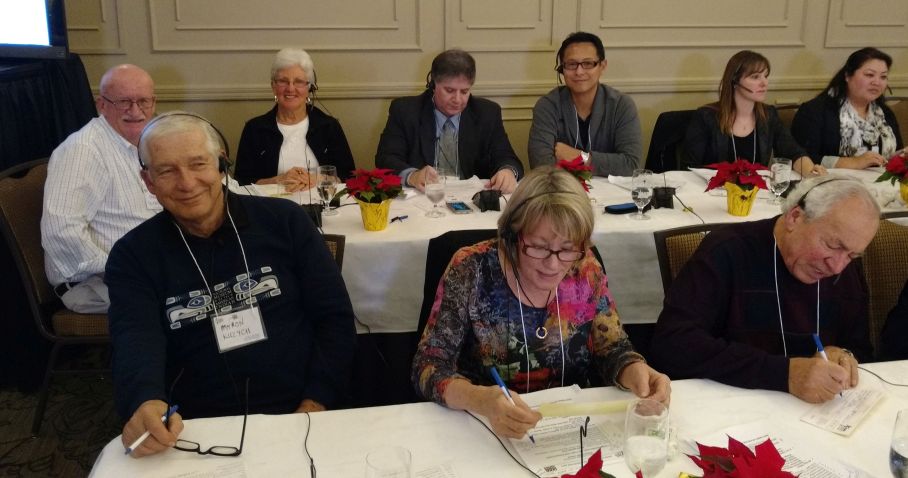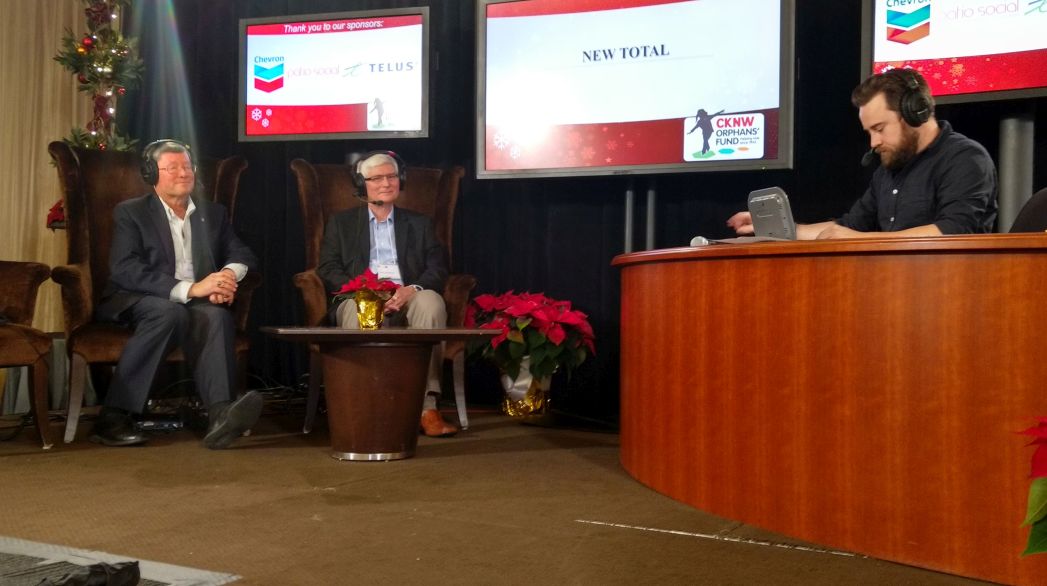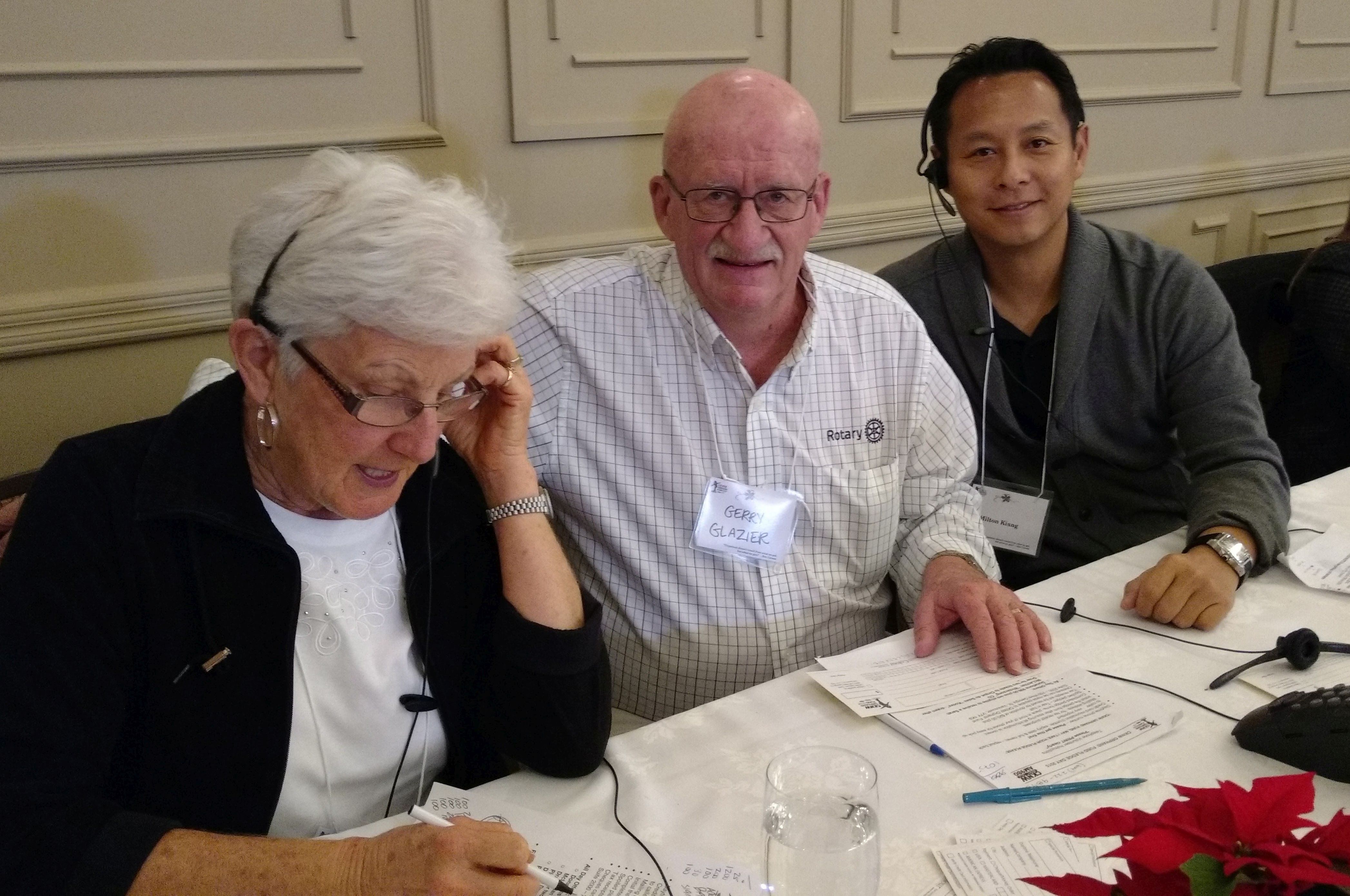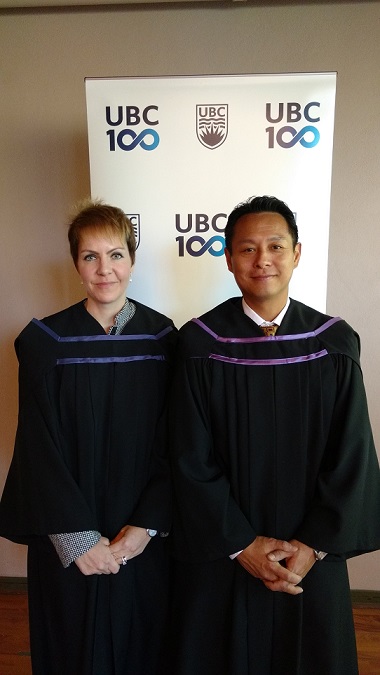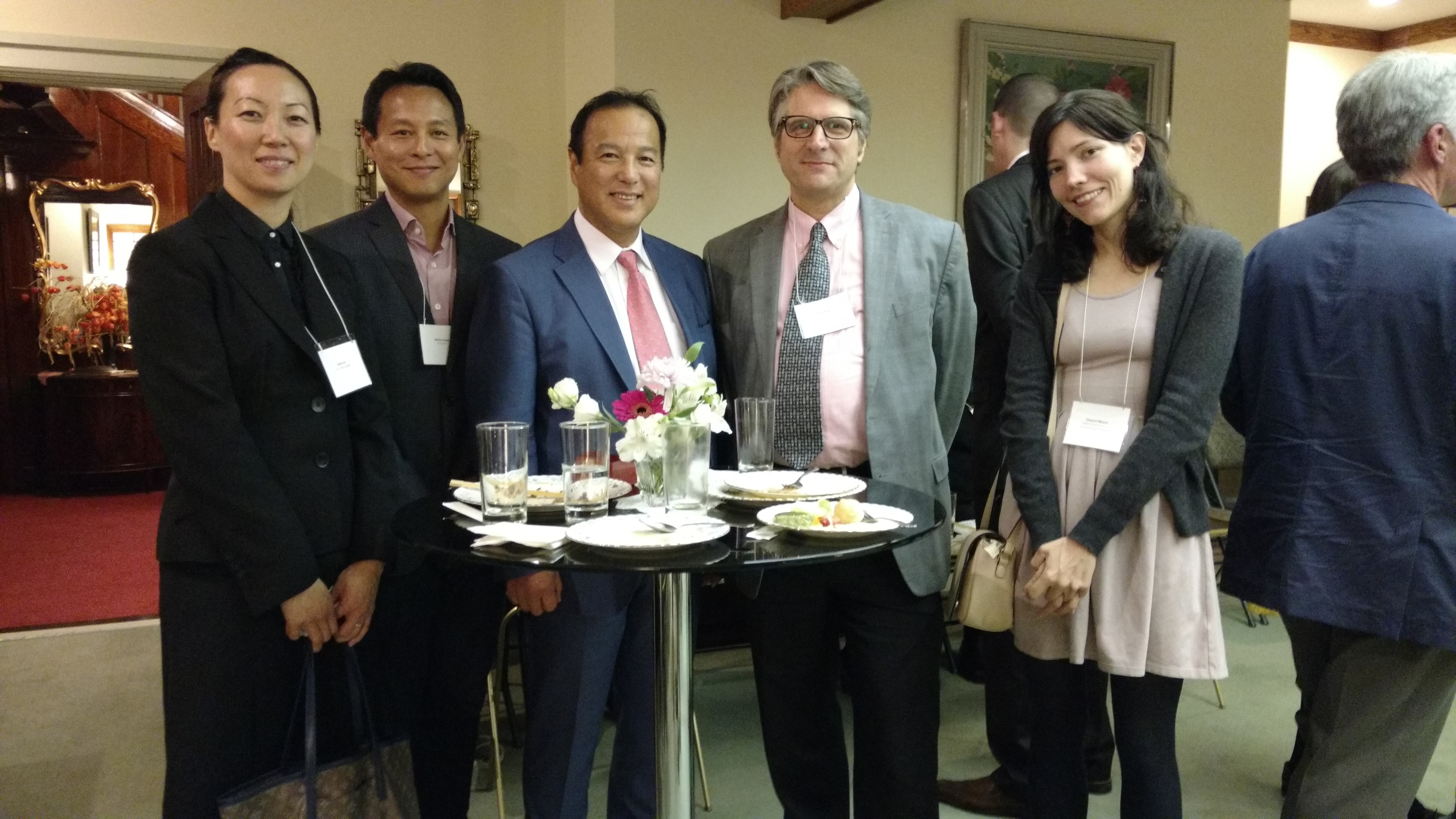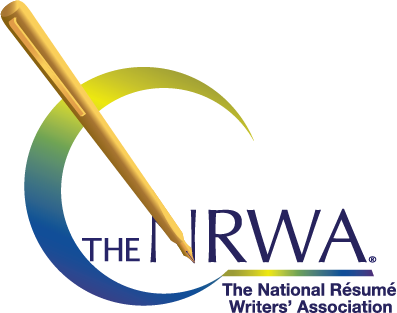
ONE OF THE MOST COMMON MISTAKES that successful managers make in their job applications is their inability to tailor their resumes according to the hiring manager’s needs. VPs, directors, and C-suite executives expect that their advanced degrees and former job titles and responsibilities will do the job of convincing the employer that they are right for the job.
But how do you set yourself apart from dozens of other applicants, all with similar credentials, qualifications and career records? Senior job applicants expect the employer to extrapolate from their resume, the specific skills and qualifications that are necessary for the job role. But HR personnel aren’t always able to see how your work and education background translates into specific job skills that are critical to the job role.
An astute job applicant will expressly list out her skills and core competencies that the employer is looking for. Let’s say you have a job description for a senior operations director and one of the major requirements is for someone who is adept at dealing with dozens of team members, across different departments (and countries), including members of the public and government, and other stakeholders.
A job searcher who is sensitive to the needs of the hiring manager will state at the top of her resume, usually under the heading of “Summary of Skills” or “Core Competencies”, the following skills writ large:
Strong Team Collaborator: Excels in collaborating with team members on a cross-functional basis; proven track record in creating strong team engagement for large-scale infrastructure projects and operations; motivates team members to meet or exceed their operational targets.
Stakeholder Engagement: Proficient in creating strong relations with community and government leaders, and other stakeholders. Meets with, and resolves, concerns raised by stakeholders, and solicits input from team members, management, and stakeholders in advancing operational goals.
If you know that team collaboration and stakeholder relations are key requirements for a position, why not just state, in an explicit manner, that you possess those competencies in spades? It is not unlike an ad that you see, where the product features describe a product that “cleans twice as fast”, “is safe for the environment”, and “costs less than the average cleaner”. There is a reason why most ads set out product features in enticing language: they’re persuasive and they generally do the job of selling the product.
So instead of having the hiring manager guess whether you have the necessary skill set for the job, be explicit in spelling it out. You’ll make it easier for the HR person screening the resumes and you’ll stand out from the competition in the process.
